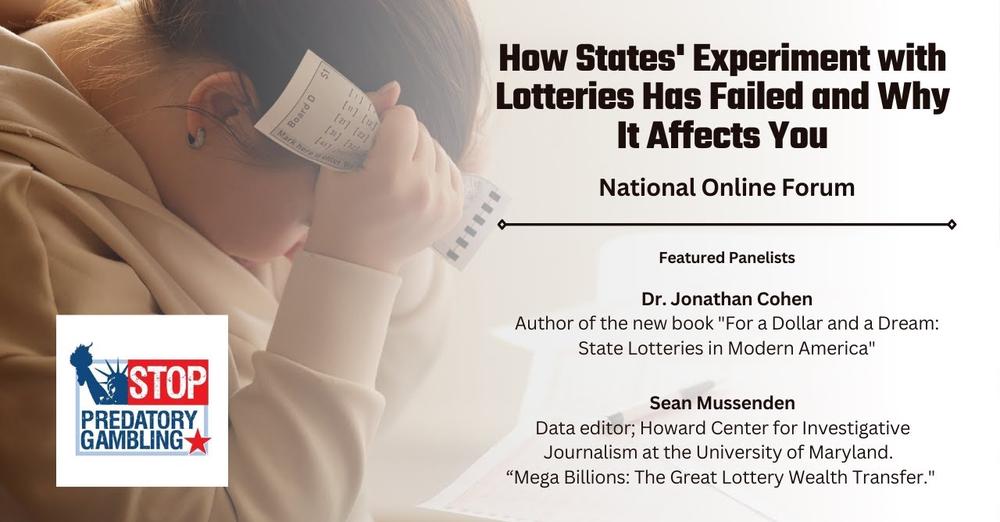
SPECIAL GUEST ARTICLE By The Fine Friends of ALGAMUS Treatment Center.
Gambling is on the rise among teenagers, and between 60 percent and 80 percent of high school students report having gambled for money in the past year, according to the National Council on Problem Gambling. Of this percentage, 4-6% are considered to be problem gamblers.
Gambling is something that needs to be taken seriously, as it can be extremely damaging, especially for young people.
Dangers Associated with Teen Gambling
Teens today are living in a society where gambling is not only socially acceptable, it is widely promoted and accessible. Gambling is portrayed in the media as being a glamorous activity that can make you lots of money, and make you look cool among your group of friends. However, gambling can lead to serious consequences, including relationship problems, academic problems, financial problems, and more.
Increased Risk of Developing a Gambling Problem
Teens are two to four times more susceptible to developing a gambling problem than adults. Teenagers are more likely to develop gambling addictions because the parts of their brains needed for making good, reasonable decisions have not yet been fully developed. Therefore, they are more impulsive and less inhibited. This makes them prone to making poor decisions, which can mean spending more money than they should and making riskier bets.

Children introduced to gambling by age 12 are 4 times more likely to develop a gambling problem later in life. Gambling can be addictive and lead to a lot of problems, including financial instability, relational strife, and mental health disorders. Ultimately, if gambling becomes a problem, it can completely derail a person’s life.
Mental Health Issues
There also seems to be a link between gambling and mental health problems in young people. It can lead to low self-esteem issues, stress, anxiety, and depression.
If a teen already has a present mental health disorder, they are more prone to developing a gambling addiction, since they may look to gambling as a way to ease their symptoms of anxiety or depression. Gambling can also cause financial stress and problems at work or school, which in turn can further the decline of mental health.
Gambling Can Be a Gateway Drug No Substances Required
Engaging in the risky behavior of gambling can lead teens to want to try substances that will also give them a rush of adrenaline. Teens can easily get hooked on the adrenaline rush that gambling and substances give them, and it can quickly spiral out of control.
How Gambling Affects the Teenage Brain
Teens are notorious for experimentation, and gambling is no exception. However, gambling can have a serious impact on the teenage brain, causing problems with focus, impulse control, and decision-making.
Gambling actually affects the brain’s reward system in the same way that drugs do and causes a “high” when they make a risky bet. When you gamble, your brain releases dopamine, the feel-good neurotransmitter that makes you feel excited.
Although you think you would only feel this rush when you win money, it comes from the mere action of placing a bet. This means that, even if a person loses over and over again and gambling is no longer fun, they can still get hooked on the act of gambling.
Why Do Teens Gamble?
Teens gamble for a variety of reasons, but no one starts gambling thinking that they will develop a problem. Some of the more popular forms of gambling teens bet on include sports betting, poker, and scratch-off lottery tickets.

Gambling to Fill an Emotional Void
Adolescents with gambling problems reported more negative life experiences as a whole and more major negative life events than social gamblers or non-gamblers. They turn to gambling to gain an instant sense of satisfaction, and this can quickly become addicting.
Teens might also gamble as a way to avoid difficult emotions such as loneliness or feeling like they don’t fit into society. When they are winning, it can increase their self-esteem and temporarily make them feel like they are on top of the world.
Gambling as a Social Activity
Gambling often starts as an innocent game between friends – many wouldn’t even consider placing bets to be gambling. However, it can quickly spiral out of control, and cause teens to lose a large amount of money in a short amount of time. Losing money from gambling can cause them to feel as though they must win the money back, which only fuels the gambling problem further, and makes it harder to quit.
Teens may also start gambling due to peer pressure. If all their friends are doing it, they don’t want to feel excluded or like the odd person out.
Gambling for a Thrill
Teens can be impulsive and are looking for an adrenaline rush, and gambling gives that to them. They also see gambling as an easy way to make money.
Identifying a Gambling Problem in Your Teenage Child
Money Lost or Stolen
Teenagers may not be able to see the signs that they are getting too close to losing money. This can happen when your teenager is gambling with friends, or on online games like poker or casino. Gambling can quickly spiral out of control and become a life-threatening problem.
For example, if your teen spends time gambling with friends, and suddenly their savings account is majorly depleted, this could be a sign of a gambling problem. Or if they often ask to borrow money from you and then don’t repay it, this could also be a sign.
Constantly Playing Games
Teens are impressionable and are likely to become hooked on gambling if they start playing games early on. This not only applies to traditional forms of gambling (casino games, lottery tickets, poker) but to new, less obvious forms like video games and fantasy sports. For example, an obsession with sports scores could be an indication of a sports betting addiction.
Changes in Behavior
Look out for behavioral changes in your teen. Warning signs include a loss of interest in activities they used to enjoy, seeming irritable or worried, or changes in sleeping and eating patterns. If you notice that your child is suddenly skipping classes, getting low grades, or having other troubles at school, this can also be a sign that there is a problem.
How to Keep Your Child Safe From Gambling
1. Educate Them About the Risks
With gambling becoming increasingly accessible, kids are exposed to gambling at a very young age. It’s important to be proactive in order to help protect your child from gambling. Just as you would educate your child about drug and alcohol addiction, also educate them on the risks of gambling.
Gambling is not inherently bad, but it needs to be done in a responsible way, which includes having set spending limits and time limits. This way, they can make informed decisions and stay safe from gambling addiction.
2. Monitor Their Gaming Habits
Gambling ads are everywhere – on sports games, social media, and other websites. Kids can also get introduced to gambling through video games, particularly those that involve loot boxes, which are in-game purchases that can progress the player in the game.
If you find any evidence that your child is gambling – for example, they are spending money on betting sites or video games – talk to them about quitting gambling altogether.
There are also helpful online tools available, such as GamBan, which allows you to block access to betting sites and apps, which can help protect your child from gambling.
3. Lead By Example
Examine your own gambling habits. Could you be setting a poor example for your child by betting on sports games or frequently purchasing lottery tickets? By understanding the risks of gambling yourself, you can evaluate your own habits, and learn to gamble responsibly in order to set a good example for your child.
4. No Shame In Seeking Professional Help
If you discover that your child is gambling, and their spending is getting out of control, you may need to seek professional help. Gambling can have serious long-term consequences for your child, and if left untreated, it could lead to addiction or other mental health issues in the future. Now that you understand the risks of teen gambling, you can take steps to help your child avoid these risks.
If you suspect your Teen or College age children are gambling, speak to our gambling addiction treatment experts here at Algamus for advice on how to deal with this issue. We thank Bet Free Recovery Now for having us share our resources and what we do for others from problem gambling!
Get In Touch
Are you or someone you love struggling with a gambling addiction or compulsive behavior?
At Algamus, we provide support and resources that help our clients start a journey free from gambling. Our program covers a variety of treatment plans, as well as an individualized after-care plan.
Stop and fill out the contact form https://www.algamus.org/contact-us and we will contact you as soon as possible to discuss your needs.

Also Serving Prescott, Phoenix & Tucson, Arizona
Email: algamus@aol.com
Phone: 888-527-3098





